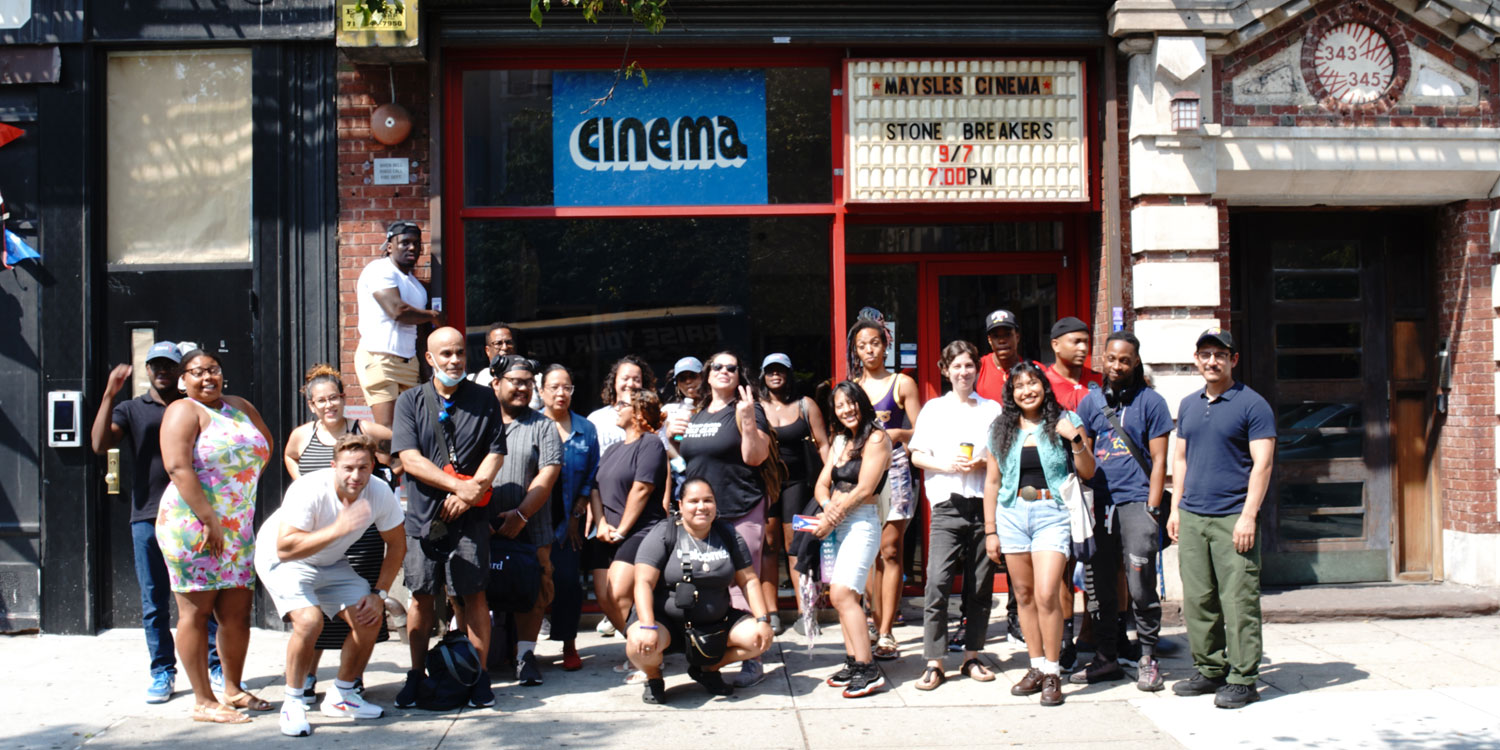The Bard Microcollege for Just Community Leadership is the nation’s first tuition-free college dedicated to advocacy, arts and sciences.
Based in Harlem and drawing strength from long-term relationships with our partners, JustLeadershipUSA, College & Community Fellowship, and the Bard Prison Initiative, the Bard Microcollege for Just Community Leadership has a special focus on students and faculty who are system impacted, and those who want to change the system.
Harlem Microcollege students engage in a curriculum focused on providing the advocates and community leaders of tomorrow with a broad education that is classical and contemporary, artistic and practical, global and local.
With tuition and books fully covered, Harlem Microcollege students pursue degrees while taking advantage of academic advising, tutoring, continuing education seminars, and non-academic student services.
As members of the BPI community in New York City, Harlem Microcollege students receive focused assistance as they apply to bachelor’s degree programs and benefit from access to the resources of the broader BPI alumni network. Many students come to the Bard Microcollege for Just Community Leadership looking to further advance their existing commitments in areas of community and civic engagement, and they leave prepared to use their Bard experience in Harlem and beyond.
“It is a thrill to ignite the brilliance that exists within our justice-impacted community. Every student is a sign that one day, we will all thrive as individuals and together.”
